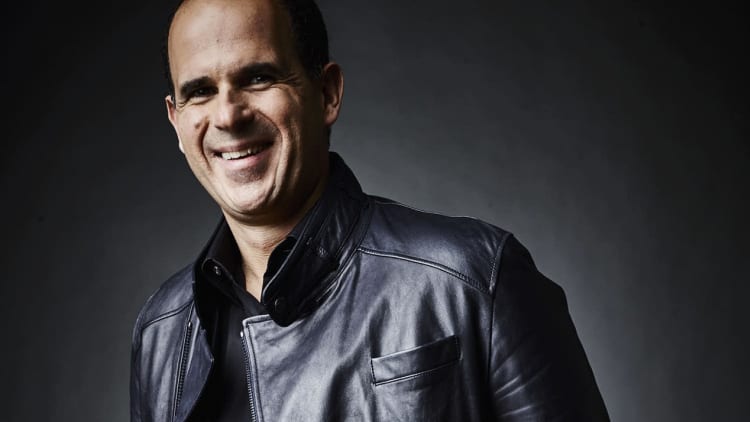Imagine that you are in an interview and your future employer has asked you to describe your personality in a few words.
You might mention traits like optimism, ambition and friendliness.
While these are all great attributes, if you want to be the boss, a different set of characteristics might be better.
According to a 2017 study by CPP Inc., a firm that publishes the Myers-Briggs Type Indicator assessment, there are two top personality traits of entrepreneurs: intuition and perception.
Intuition
Individuals with a preference for intuition are significantly more likely to become entrepreneurs than those who have other personality traits like sensing or judging, according to the firm's findings.
Intuition can be described as a "hunch" or a trusted gut feeling, which many famous entrepreneurs have used to their advantage, according to the Myers-Briggs personality test. People with this personality type tend to be big-picture thinkers who are forward-looking and see possibilities where others might not.
Bill Gates is a prime example of an entrepreneur who used his intuition to succeed. The business magnate told CNN in 2002 that when it comes to new products and potentially innovative ideas, "I trust my own intuition."
Boasting an estimated net worth of over $88 billion, it's fair to say his intuition is right more often than not.
Perception
The study notes that individuals who tend to show greater levels of entrepreneurship also have a preference for perceiving.
Perceiving types, according to the Myers-Briggs assessment, tend to be more flexible, spontaneous and able to understand and adapt to the world.
They're also more likely to take career risks.
In a 2010 speech at Auburn University, Apple's CEO Tim Cook discussed how he made a career-changing decision on a whim. As an engineer, Cook said he was taught to make decisions rationally. However, he noted, some of his best ideas were made spur of the moment.
In 1998, Cook left his job at Compaq, the largest personal computer company in the world, to join Apple when it was struggling to be successful.
"There are times in our lives when the careful consideration of cost and benefits just doesn't seem like the right way to make a decision," said Cook of the risky decision.
Like this story? Like CNBC Make It on Facebook.
See also:
Google-backed entrepreneur shares the No. 1 way to turn an idea into a billion-dollar company
Here's what it takes to be a successful entrepreneur, according to Harvard MBAs who have been there
Mark Zuckerberg's top 5 personality traits, according to an IBM supercomputer




